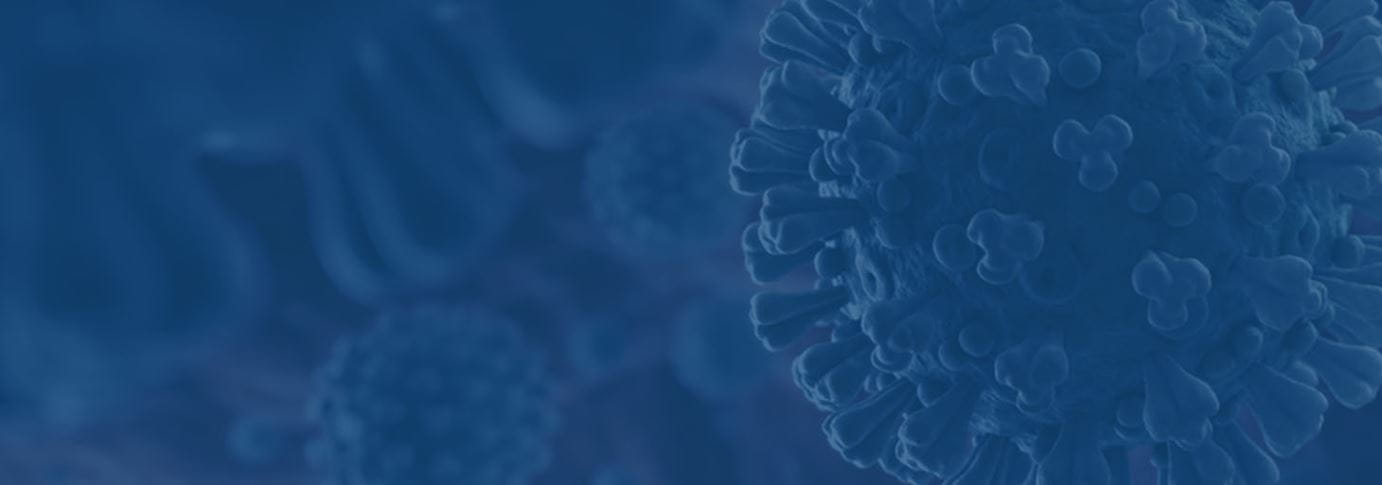Coronavirus Resource Center
COVID-19 STATISTICS
We collect daily statistics on the number of our hospitalized COVID-19 patients. View our slides showing our up-to-date COVID-19 hospitalization data, which will be updated regularly.
Houston Methodist is no longer requiring patients or visitors to wear masks, but we encourage you to do so in waiting rooms and clinical areas. As always, we are committed to our patients and focused on delivering the high-quality care you expect. Your health and safety are our priority, and we are taking every necessary precaution to keep you safe. Houston Methodist has lifted all COVID-19 visitor restrictions. There may be restrictions still in place in specific areas of our hospitals where visitors were always limited, for example the ICUs and emergency departments.
If you need a COVID-19 vaccine or booster, you can schedule an appointment with a primary care doctor near you or get vaccinated at a local pharmacy.
If you think you may have coronavirus or need information on anything COVID-19-related, our care providers can see you via video visit, telephone or in person, when needed.

